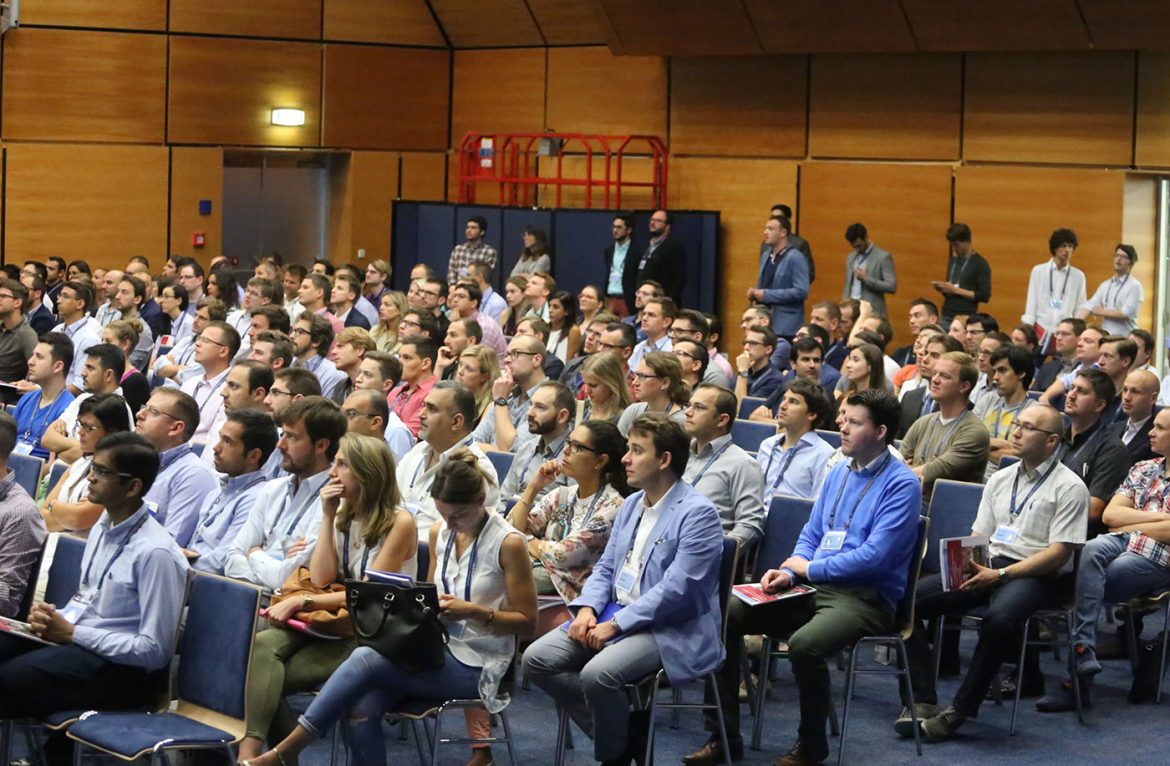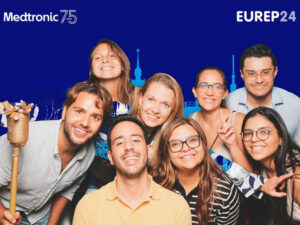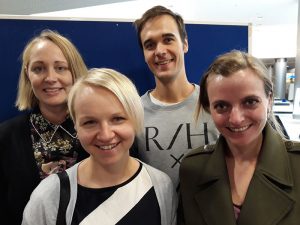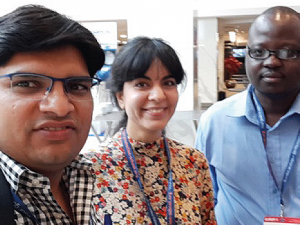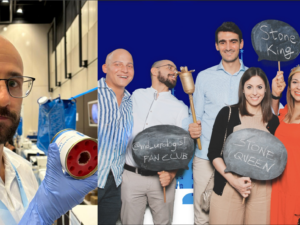Every year the Confederacion Americana de Urologica (CAU) and the European Association of Urology (EAU) provide two full grants for final-year Latin American residents to attend the best urology course organised for residents worldwide. Since 2002, the European Urology Residents Education Programme (EUREP) is held in September every year in Czech Republic’s capital city, Prague.
To qualify for this scholarship one must be an active member of both organisations with the application supported by curriculum vitae (CV). A good level of English is a must. Answering multiple choice questions about different articles that are published monthly online in the European Urology journal will give you CME credits and thus more chances to be accepted.
I was one of the lucky South American residents who got the grant and I feel proud of being the only Argentinian representative in this year’s course.
Anxiety overtook me when I received the confirmation email. I had participated in CAUREP in December 2014 in Uruguay so I knew about the excellent quality of the course. Fortunately, everything went as expected and even better than I thought. The EUREP organisers were very professional, worked with great commitment and paid attention to every single detail. A warm welcome, the personal badge and the course booklets with the lecturers’ PowerPoint presentations were provided upon registration. The four-star Clarion Congress Hotel was ideally located and its cosy bedrooms were a comfort after nine hours of sessions. Continental breakfasts, a wide variety of menus for lunch and re-energising coffee breaks were provided with no extra charge during the event.
Despite the fact that it is difficult to summarise all the urology subspecialties in only five days, the world-renowned faculty members gave state-of-the-art lectures with excellent content. We also had close interaction with the faculty in a very cordial atmosphere. The lectures were fast-paced and mainly based on the EAU guidelines as they are the main resource for the European Board of Urology (EBU) exam. However, with every subspecialist also giving his personal opinion, lively debates took place every now and then and these enthusiastic exchanges I consider as the most enriching part.
The one-hour hands-on training (HOT) sessions were also offered, thanks to the invaluable support of Olympus. These training sessions, I consider as the “not-to-be-missed” part of the EUREP. The sessions included laparoscopic, ureteroscopy (URS) and transurethral resection (TUR) training. More than 15 laparoscopic towers, 5 ureterorenoscopic stations and 4 TUR stations were available in a fully-equipped room. Expert tutors evaluated our abilities and then coached us based on our personal needs in a one-to-one manner allowing us to focus on important steps and learn tips and tricks useful for daily practice or even as preparatory training for the EBLUS exam.
Moreover, EUREP is not only a compact refresher course on basic urology concepts and discussing current controversies with the faculty but also about making new friends and getting acquainted with international colleagues. The Sunday karaoke with its amasing barbeque and cold beer gave a great opportunity to have fun with newfound friends. The Spanish group led by Professors Joan Palou and Ignacio Moncada invited me to join them for a delicious typical Czech dinner on the last day.
I highly recommend residents to apply for the EUREP which I consider as my best academic experience ever. You will never forget Prague and its beautiful towers and castles. Neither will you regret trying a refreshing Pilsner Urquell or a hot trdelník while walking the city’s narrow and winding streets. I am sure you will improve your urological knowledge, learn useful surgical tips, widen your professional networking and, equally important, make new friends.
I would like to thank not only the CAU and EAU for giving this unique and unforgettable experience but also all the faculty members. I really appreciate that they set aside six days away from their families, without earning as much money as they would have if they had stayed at their hospitals, to teach and train us.
Dr. Diego Santillán
Hospital Italiano de Buenos Aires
Dept. of Urology Buenos Aires (AR)

